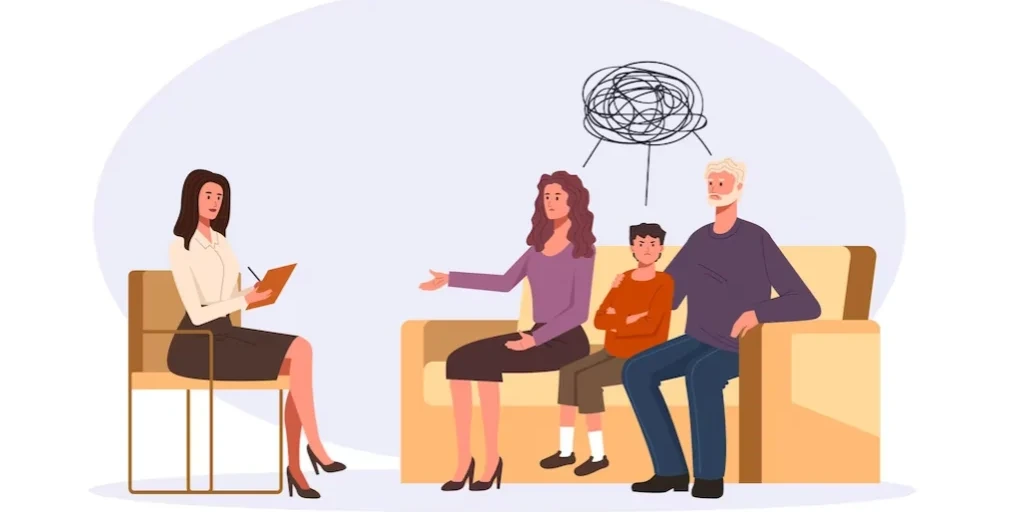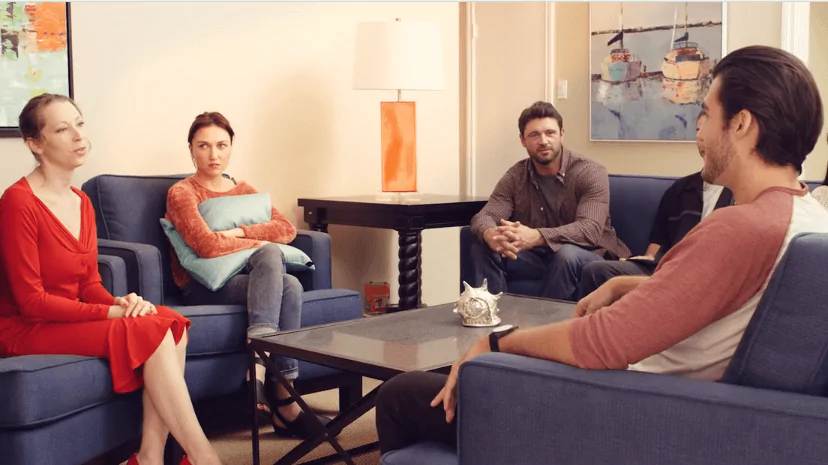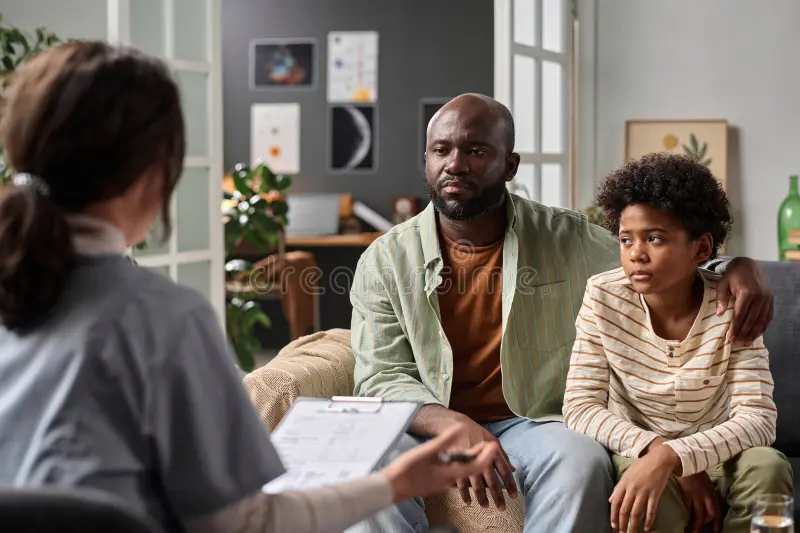24/7 Helpline:
(866) 899-111424/7 Helpline:
(866) 899-1114
Learn more about Bipolar Disorder Treatment centers in Wetumka


Oklahoma Families First
Oklahoma Families First is a private rehab located in Holdenville, OK. Oklahoma Families First speci...















































Carl Albert
Carl Albert is a public rehab located in Holdenville, Oklahoma. Carl Albert specializes in the treat...












































Other Insurance Options

Self-pay options

Choice Care Network

PHCS Network

Multiplan

Health Net

Carleon

Absolute Total Care

Magellan Health

Sliding scale payment assistance

Humana

GEHA

MHNNet Behavioral Health

CareSource

Aetna

Evernorth

Coventry Health Care

Ambetter

Meritain

EmblemHealth

United Health Care